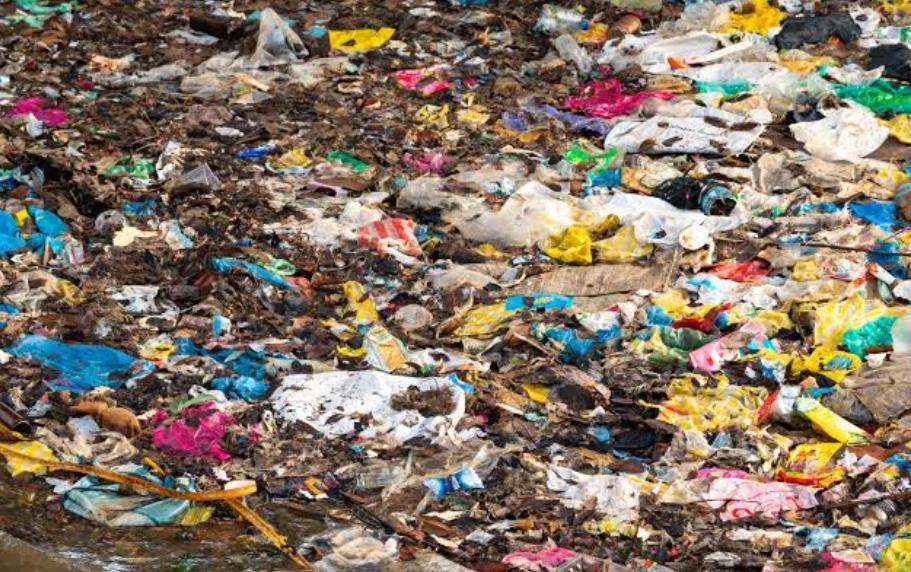Harmful Effects of Plastics
Improper disposal of plastics poses a number of problems. Some of them are mentioned below:
The littering of plastics in open spaces creates unhygienic conditions, as it acts as a breeding ground for insects and mosquitoes that cause diseases like malaria and dengue.
Plastics do not undergo degradation, thus, stay in the soil for many years, which affects soil fertility and degrades the soil quality.
When plastic artefacts enter the drainage and sewerage system, they block the pipes and the drains causing waterlogging.
The improperly disposed of food bags, when eaten by animals, cause stomach and intestine related diseases which even lead to suffocation and death.
Plastic items find their way to the river and other water bodies, which are then swallowed by fish, seabirds, and other marine species, thus leading to suffocation and death.
The waste from the plastic manufacturing industry is thrown directly into the water bodies, thus affecting the chemical property of water, causing hazards on a very large scale.
Proper disposal and usage of plastic discards can reduce these problems. A set of regulations should necessarily be followed to stop these problems.

